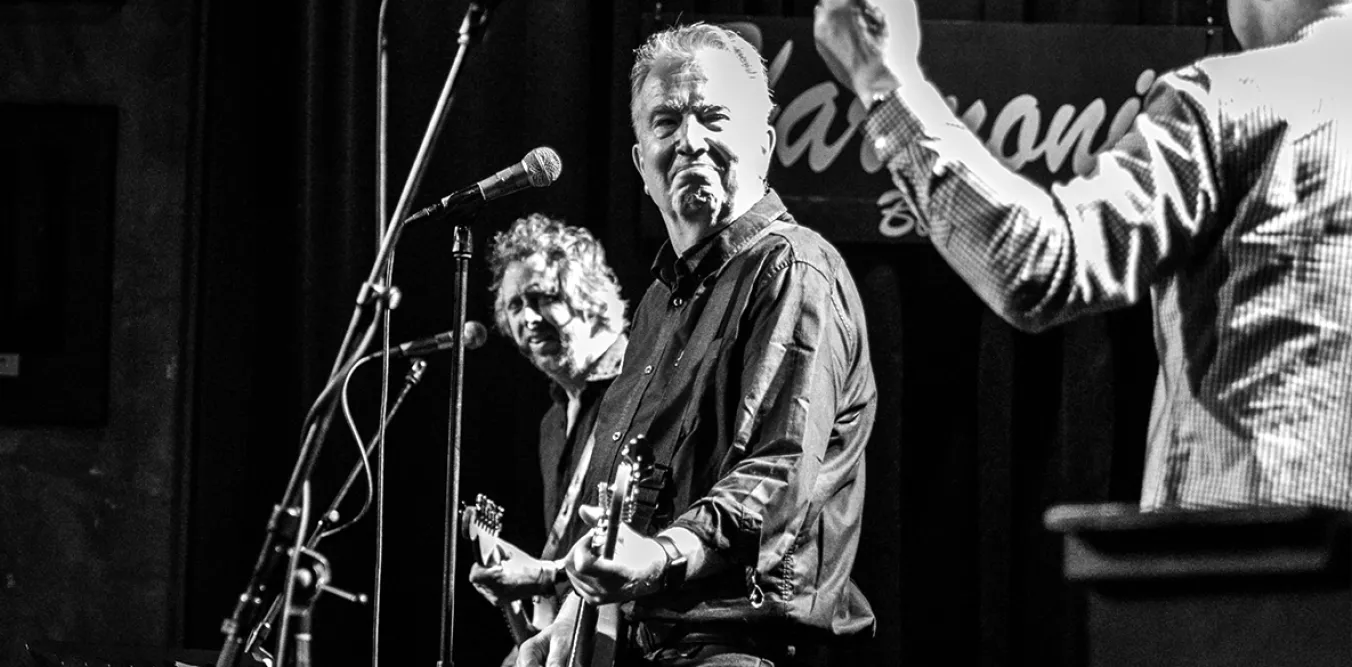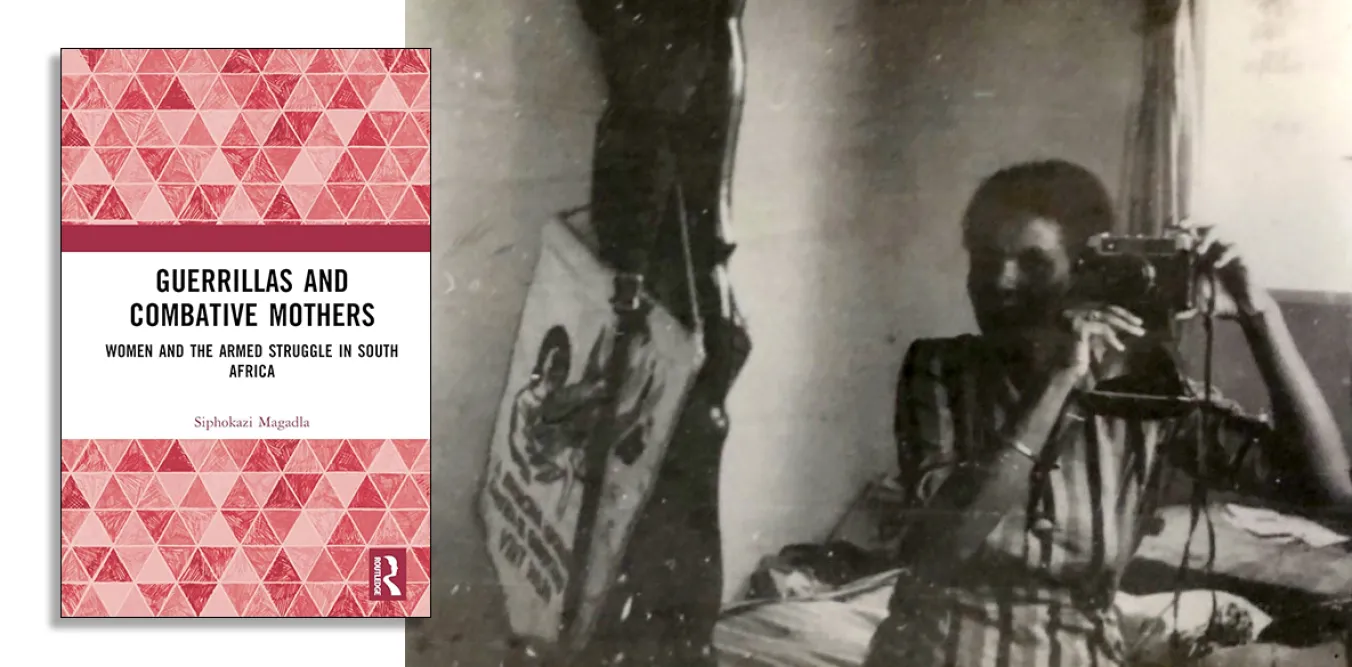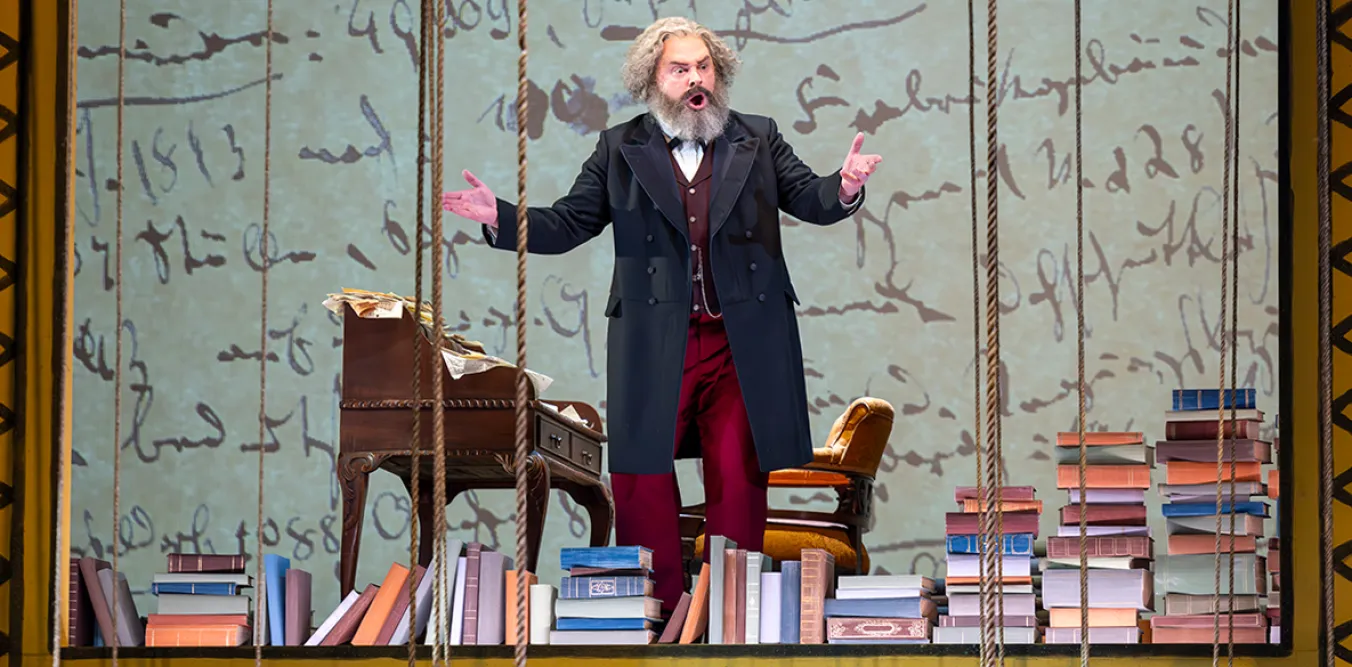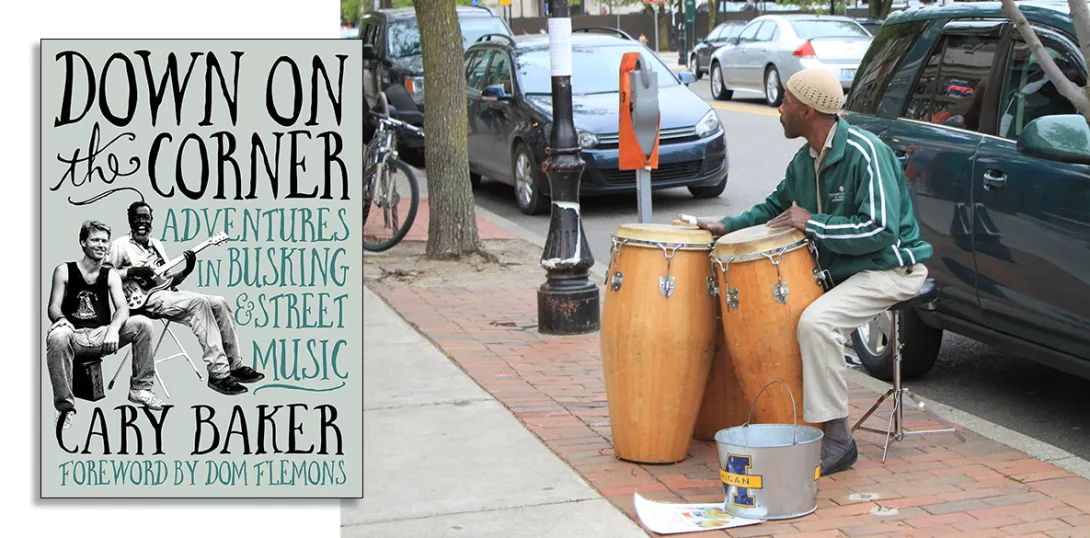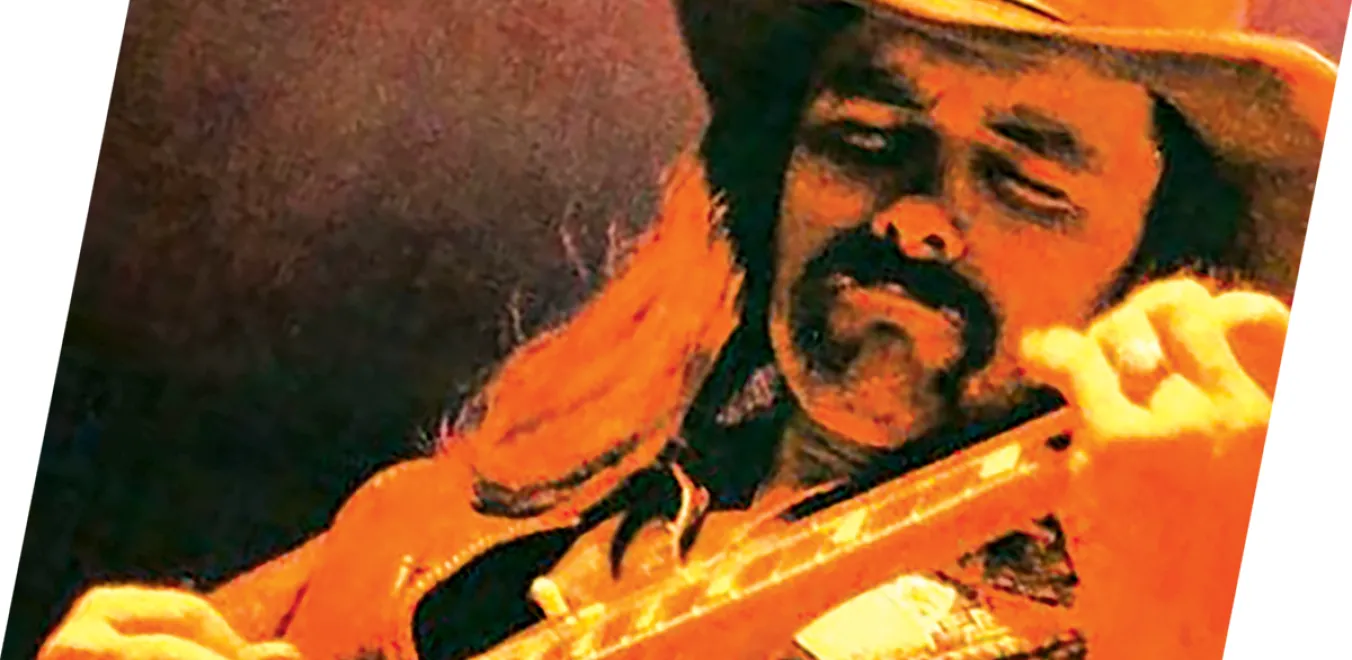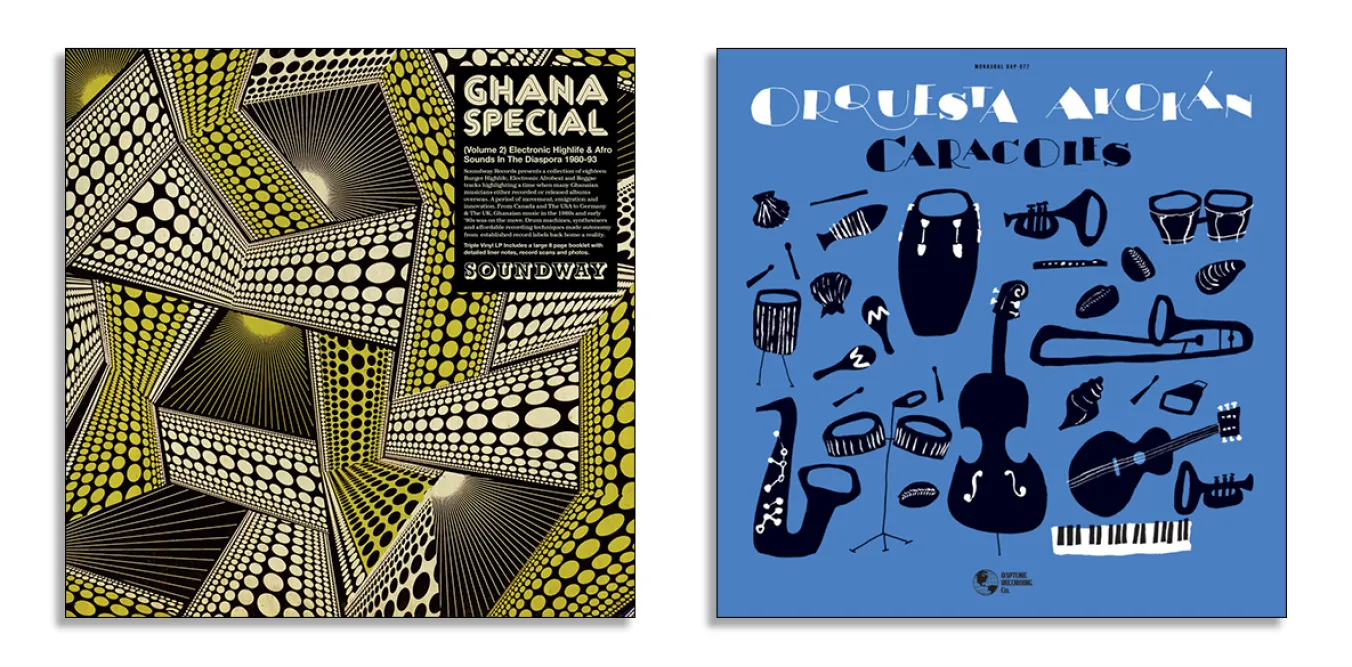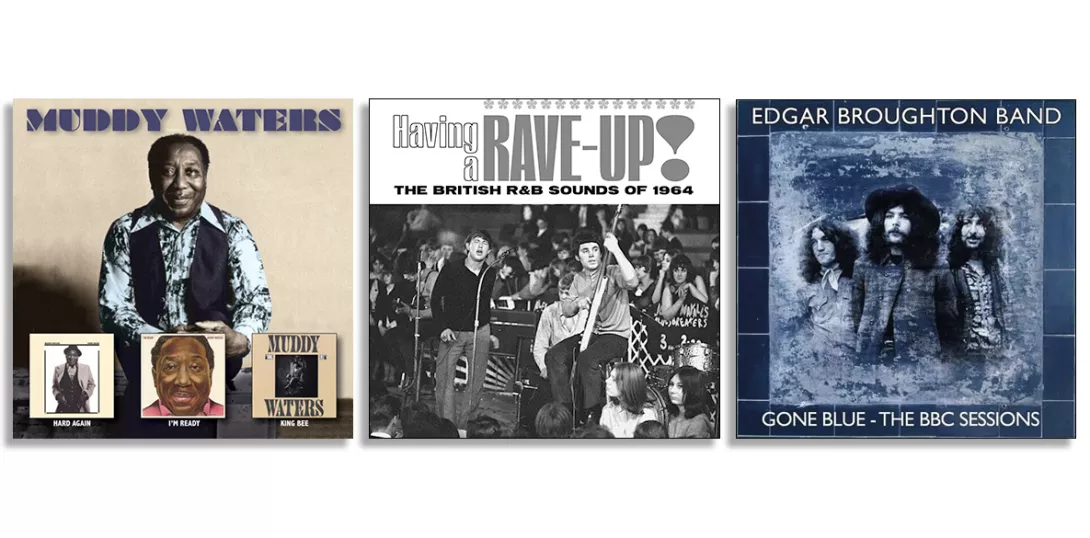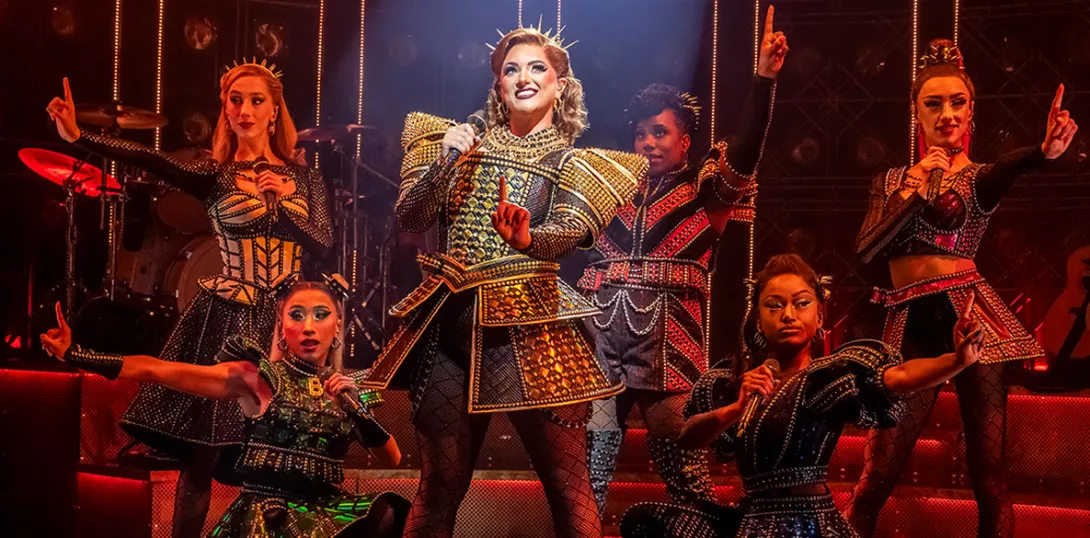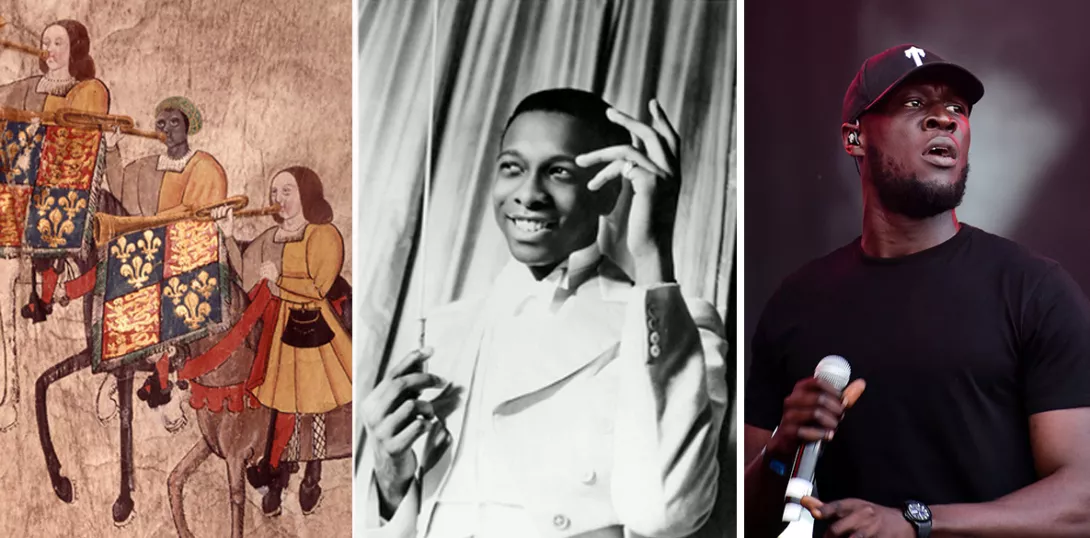
Beyond The Bassline: 500 Years of Black British Music
British Library, London
THOSE of us of a certain age will be familiar with newsreel film of the calypso singer Lord Kitchener embarking in Tilbury in 1948 on the Empire Windrush and giving an impromptu performance of London Is The Place For Me.
That historic event is seen by many critics as the starting point for the development of black music in Britain, but this exhibition traces things back to the black trumpet player John Blanke in the courts of Henry VII and VIII in the 1500s; a tour of the Fisk Jubilee Singers, a group of free slaves who sang spirituals in 1873 to raise funds for a black university and sang before Queen Victoria, and 1930s jazz band leaders such Guyana’s Ken “Snakehips” Johnson.
Lord Kitchener and other exotically named calypsonians, including Roaring Lion, Lord Beginner and Mighty Terror, played a significant role in recording political and risque songs — and not pulling punches when commentating the racism and discrimination they encountered in 1950s Britain.
Kitchener disliked London and moved to Manchester before heading back to Trinidad in 1963. Roaring Lion stayed and ran a thriving cosmetics business and Mighty Terror was named the Calypso King Of Great Britain in the ’50s after some recording success here.
Other black musicians of note who are featured include artists like the brilliant Trinidadian pianist Winifred Attwell, the Cardiff-born chanteuse Shirley Bassey and jazz diva Cleo Laine.
Surprisingly, there is no place for Ray Ellington, who played a regular musical interlude on the radio comedy The Goon Show performing covers of USA R&B and rock & roll hits by Louis Jordan, Big Joe Turner (Shake Rattle & Roll) and The Robins’ (later the Coasters) Framed from 1954.
At the centre of the exhibition are the 1960s and ’70s when ska, rock-steady, British soul and reggae saw British black musicians break into the pop charts such as Dandy Livingstone and the multi-talented Eddie Grant, who fronted the chart-topping multi-racial group The Equals as well writing and recording the global 1988 anti-apartheid smash Give Me Hope Jo’anna.
And it is good to see the contributions made by Coventry’s 2-Tone label, ’70s and ’80s anti-racist bands, Afro-funk and dub artists given space.
But it’s worth noting that missing are pioneers like Erroll Dixon, the Jamaican-born singer and blues pianist who was part of the 1960s British blues boom and who gave Blue Beat Records its first hit in 1961; former Ike & Tina Turner singer PP Arnold; Jimmy James from Jamaica who led a superb touring soul band; and Geno Washington, whose hit albums helped wear out the carpets at teenage house parties in the 1960s.
Despite the absences, the exhibition is well worth a visit for those wanting to learn more about the massive contribution made by black musicians living and recording in Britain before the current domination of rap and grime music.
Runs until August 26. For more information see: bl.uk.
